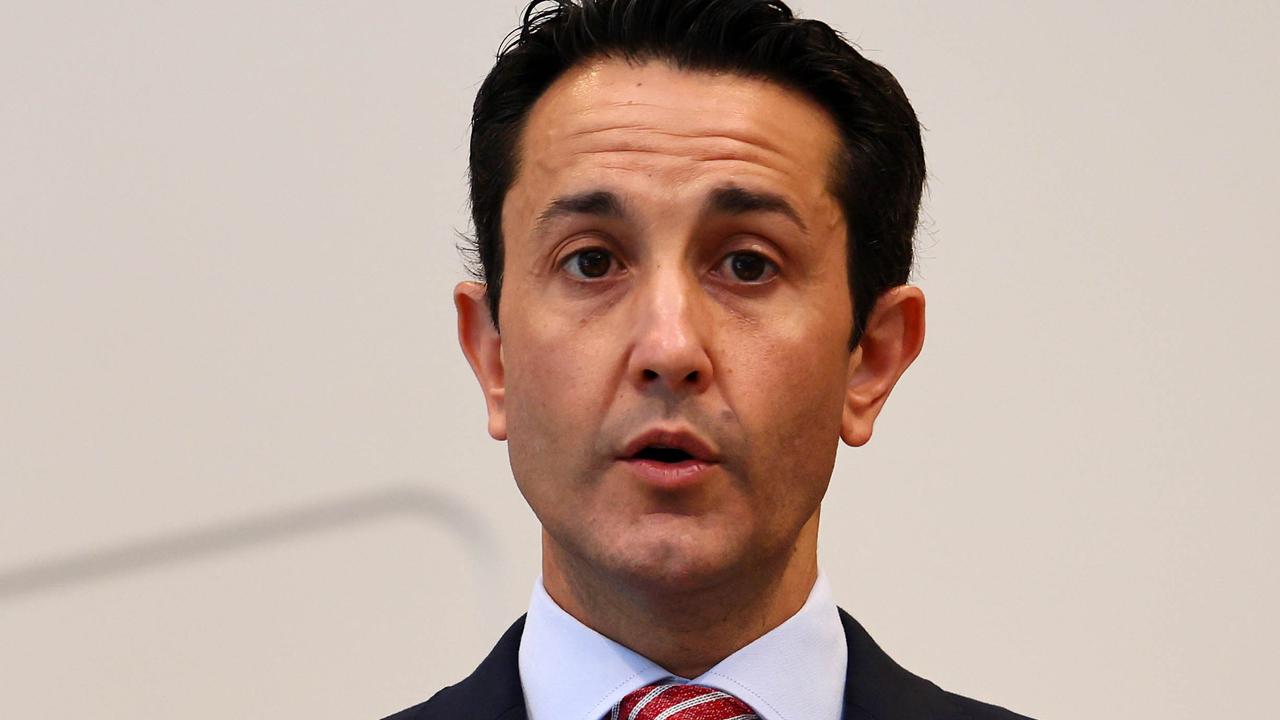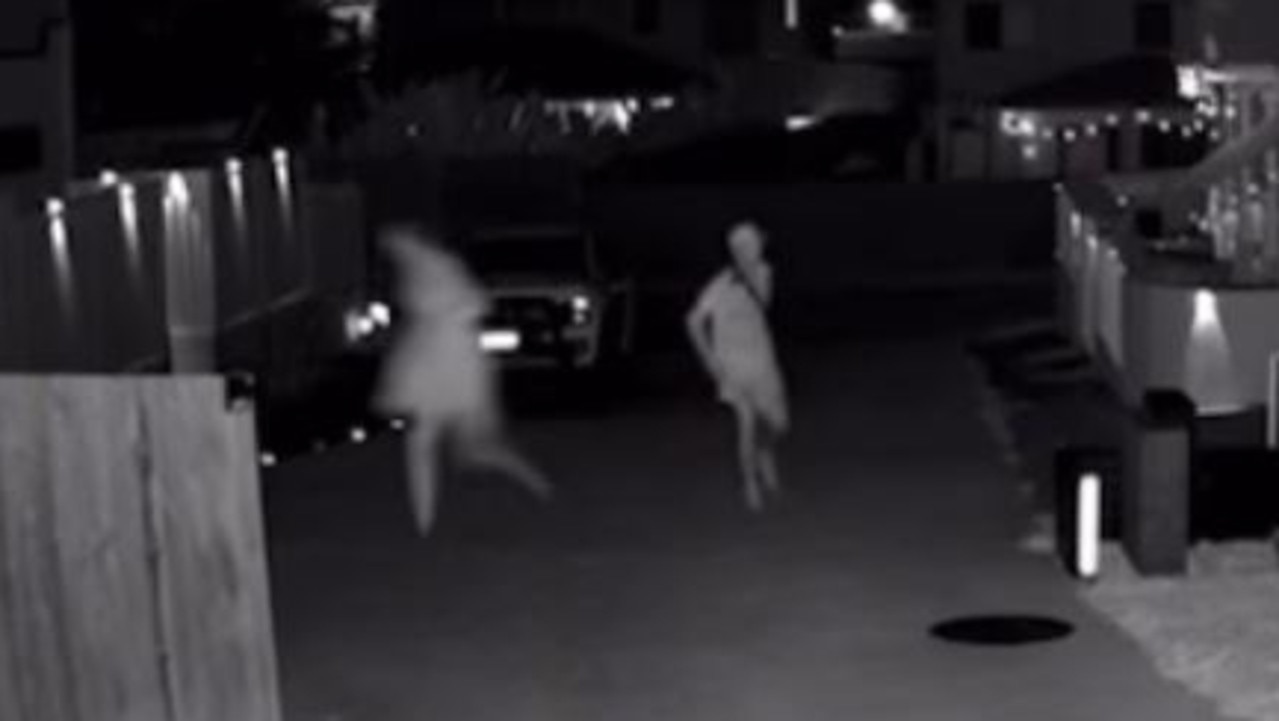Qld road toll: Hidden burden of victims maimed for life
Queensland’s road horror isn’t just about the deaths – it’s also about the survivors whose lives are often irrevocably changed.
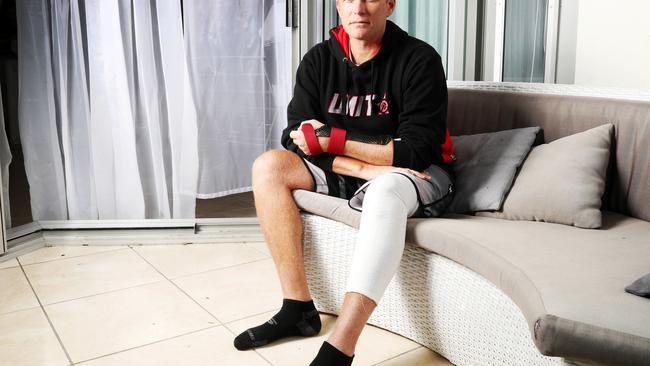
Police & Courts
Don't miss out on the headlines from Police & Courts. Followed categories will be added to My News.
It is the hidden side of Queensland’s road toll that is leaving thousands with lifelong injuries, family members as carers and costing the state economy billions.
Road fatalities are out of control with 175 people dying on our roads this year.
But these numbers are just the tip of the road toll, with exclusive figures revealing that more than 5200 Queenslanders have been hospitalised between January and July this year.
For every person killed, 30 more are being told they may never walk again, that their brain damage will mean they can no longer work or that they will carry emotional scars for life. In the past financial year, almost 9000 people were taken to hospital because of road trauma and the RACQ estimate the cost of fatalities and hospitalisations is approximately $5 billion per year.
Gold Coast chef Nathan Schubert, is one of the thousands battling the physical and psychological scars of road trauma.
The 39-year-old was riding in Springbrook on March 2 when a driver of a white Mazda was bitten by an insect and swerved on to the wrong side of the road hitting Mr Schubert head on.
“I somersaulted over the car and straight down the embankment and crashed into the tree which stopped me from going further,” he said.
He lay pinned against the tree – next to a brown snake – for more than 30 minutes before paramedics arrived.
The driver was later fined $300.
Mr Schubert’s wrist and left knee were shattered, he tore his PCL, ACL LCL and MCL, and spent two weeks in hospital with bruised lungs.
Mr Schubert said the path to rehabilitation had been exhaustive.
Six days a week – sometimes four times a day – Mr Schubert has appointments with physiotherapists, pain management doctors and psychologists to treat ongoing depression, anxiety and PTSD from the crash.
After four months of intensive rehabilitation he has been able to walk again – something doctors thought would take more than a year.
He has been unable to return to work and while he battles constant pain, there are also mounting medical bills. Despite all of these difficulties, Mr Schubert counts himself lucky.
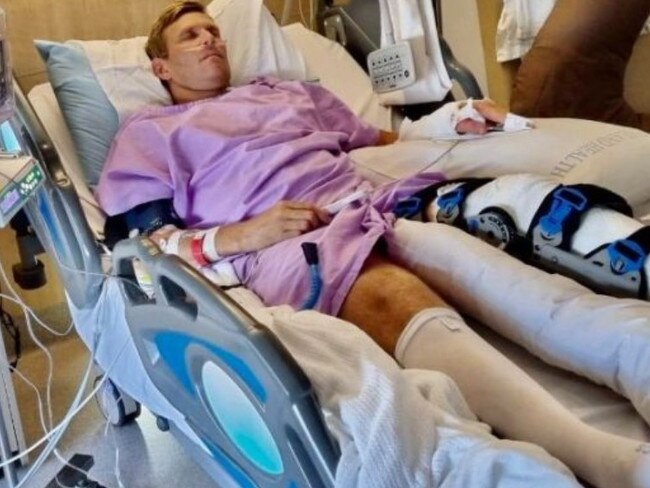
“One of my good friends, he just crashed into a car and is now a quadriplegic. I have friends who have crashed and had loved ones die in their arms. So to be walking and moving and alive … I’m quite fortunate.”
The latest figures, released by the Australian Automobile Association in 2017, showed road trauma cost the Australian economy an estimated $22.2 billion.
RACQ head of public policy Susan Furze described the rate of deaths and hospitalisations as a “health crisis” and said those injured often suffer lifelong complications.
“Ten per cent of people who end up in hospital will be left with a lasting and permanent disability,” she said.
Ms Furze said research suggests that anybody involved in a serious crash is at an increased risk for physical complications and psychological issues like PTSD, anxiety and depression.
The federal government is currently finalising a road safety strategy for 2021-2030.
Ms Furze urged leaders to aim for zero deaths on the road – in the same way the state has aimed for zero Covid-19 cases.
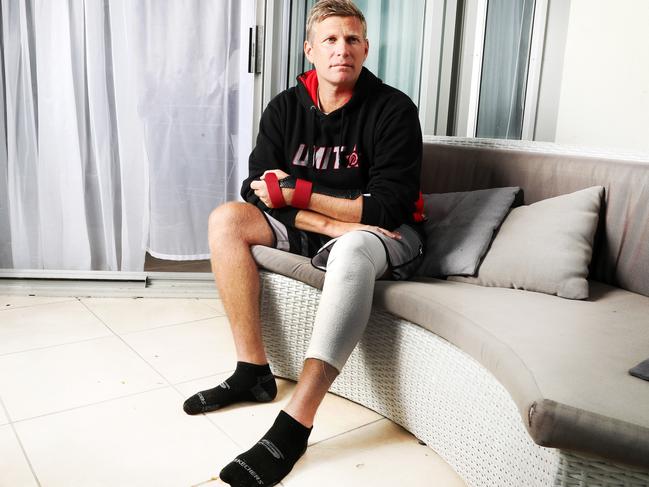
If you would like to donate to help Nathan’s recovery, visit his GoFundMe page.

